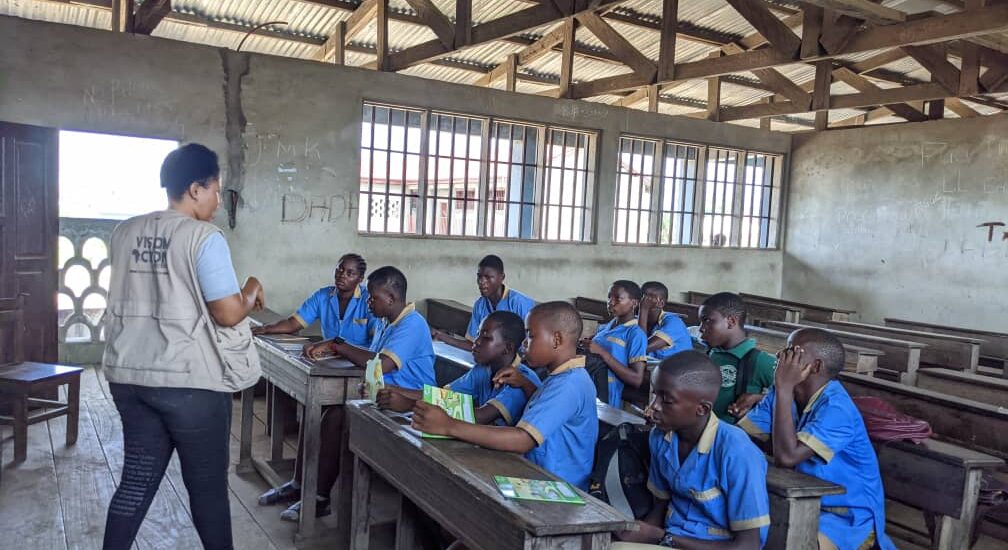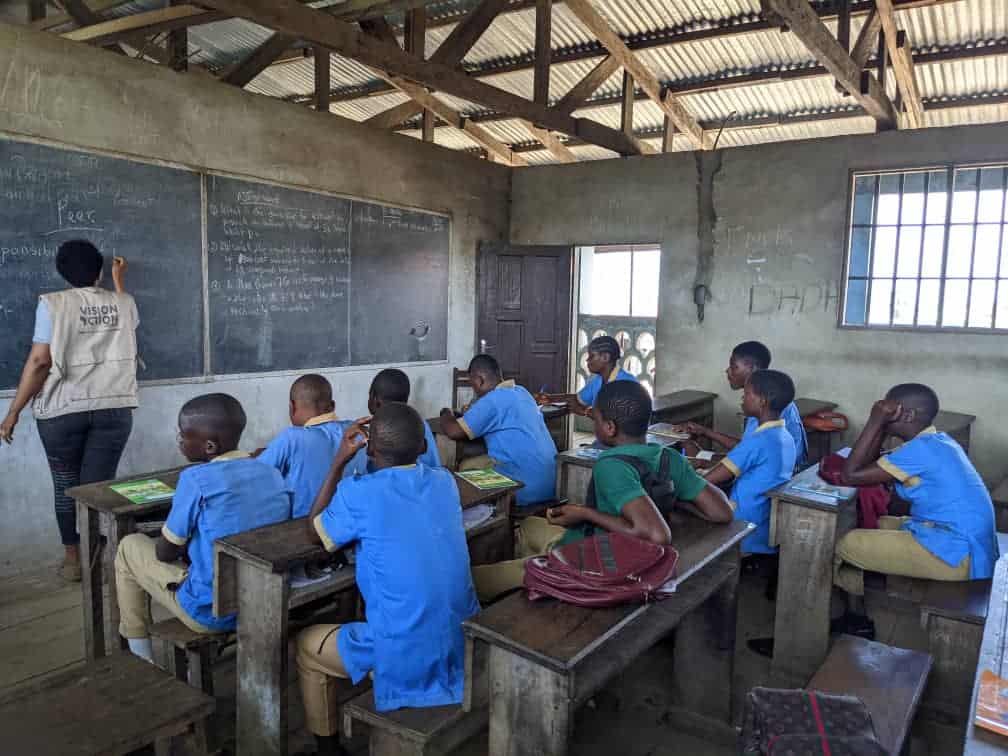- May 2, 2024
- Posted by: Viacame Communication
- Categories: Activism, Gender

Human Rights Education is important for many reasons. Below are some of the most frequently mentioned reasons why human rights education is important.
- Human Rights Education is crucial for building and advancing societies
- Human Rights Education empowers people to know, claim and defend their rights.
- Human Rights Education promotes participation in decision making and the peaceful resolution of conflicts
- Human Rights Education encourages empathy, inclusion and non-discrimination

Often abbreviated as “HRE,” human rights education is also an essential tool for human rights awareness and empowerment. Many teachers don’t label their curriculum as “human rights education,” but they include features of HRE. Educational frameworks that consider non-discrimination, gender equality, anti-racism, and more help build an understanding and respect for human rights. Students learn about their rights, history, and their responsibility as citizens of the world.In 2011, the General Assembly adopted the United Nations Declaration for Human Rights Education and Training. It called on countries to implement human rights education in every sector of society
reasons why human rights education is important
It enables people to claim their rights
This is the most obvious benefit of HRE. In the “Declaration on the Right and Responsibility of Individuals, Groups, and Organs of Society to Promote and Protect Universally Recognized Human Rights and Fundamental Freedoms
It teaches young people to respect diversity
When young people are exposed to human rights education, it teaches them to respect diversity from an early age. This is because no matter the differences between people – race, gender, wealth, ethnicity, language, religion, etc. – we all still deserve certain rights. Human rights also protect diversity. The earlier people learn about this, the better it is for society.
It teaches history
Understanding history through a human rights lens is critical to a good education. If human rights weren’t included, lessons would be incomplete. Learning about human rights through history challenges simple and biased narratives. It teaches students the origins of human rights, different historical perspectives, and how they evolved to today. With this foundation in history, students better understand modern human rights.
It teaches people to recognize the root causes of human rights issues
By recognizing the roots of problems, people are better equipped to change things. As an example, it isn’t enough to know that homelessness is a human rights issue. To effectively address it, people need to know what causes homelessness, like low-paying jobs and a lack of affordable housing. Studying history is an important part of identifying the roots of human rights issues.
It fosters critical thinking and analytical skills
HRE doesn’t only provide information about human rights. It also trains people to use critical thinking and analyze information. Many human rights issues are complicated, so one of HRE’s goals is to teach people how to think. Students learn how to identify reliable sources, challenge biases, and build arguments. This makes human rights discussions more productive and meaningful. Critical thinking and analysis are important skills in every area of life, not just human rights.
Article 6 states that everyone has the right to know about their rights. By receiving that education, people can identify when rights are being violated and stand up to defend them.
brendaline


When young people are exposed to human rights education, it teaches them to respect diversity from an early age. This is because no matter the differences between people – race, gender, wealth, ethnicity, language, religion, etc. – we all still deserve certain rights. Human rights also protect diversity. The earlier people learn about this, the better it is for society
